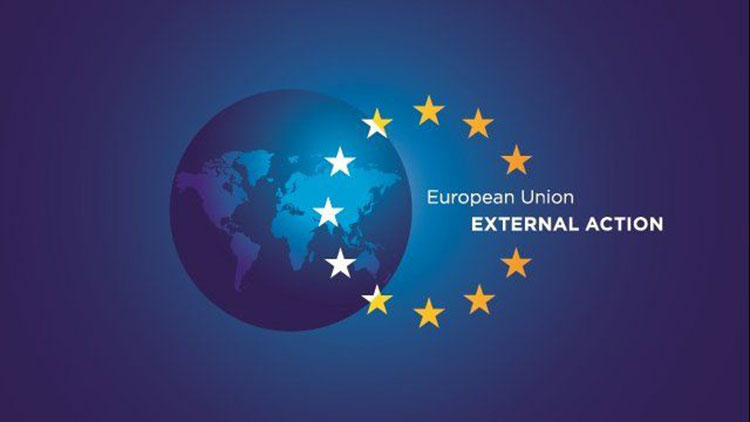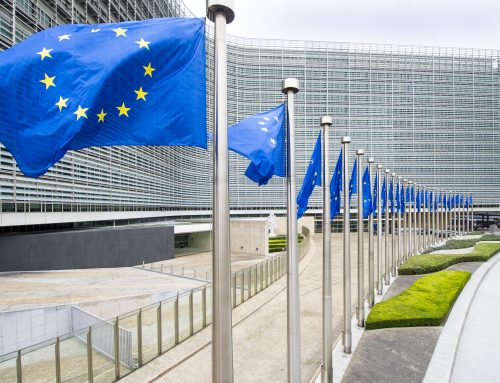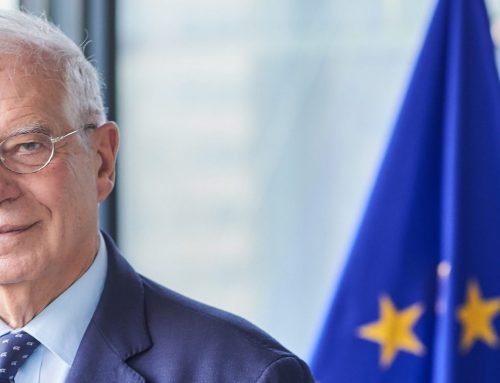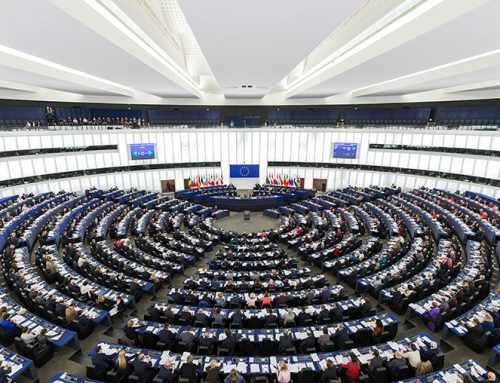In response to the recommendation of the European Ombudsman, the European External Action Service (EEAS) – upon request of High Representative/Vice-President Federica Mogherini – decided to revise its practice of offering traineeships in EU Delegations. Concretely, the EEAS has upgraded its Traineeship offer to ensure it provides equal access to internships for all qualified candidates.
The revised Traineeship scheme will be divided into three pillars. The first pillar will consist of trainees receiving a scholarship paid by the EEAS. If the requested budget is allocated for 2018 by the budgetary authority, the EEAS will prepare a relevant legal basis and ensure that each Delegation has put in place a transparent selection process, based on merit.
The second pillar will be students who, in the framework of an agreement with a local university, undertake a compulsory or recommended training period as part of their course and are already residing in the place of training.
Finally, the EEAS will also accept trainees receiving financial support from a university or another institution but located elsewhere in the world, for example from ENA (French National School of Administration) or KSAP (Polish National School of Public Administration). Other institutions could be, for example, States’ public administrations, at national or regional level, independent universities, or research organisations that do not set out to make profits for redistribution or are part of the public sector as defined in the national law of that employer.
The EEAS has also taken the decision that the list of the names of trainees serving in the Delegations of the European Union will be a public document.




